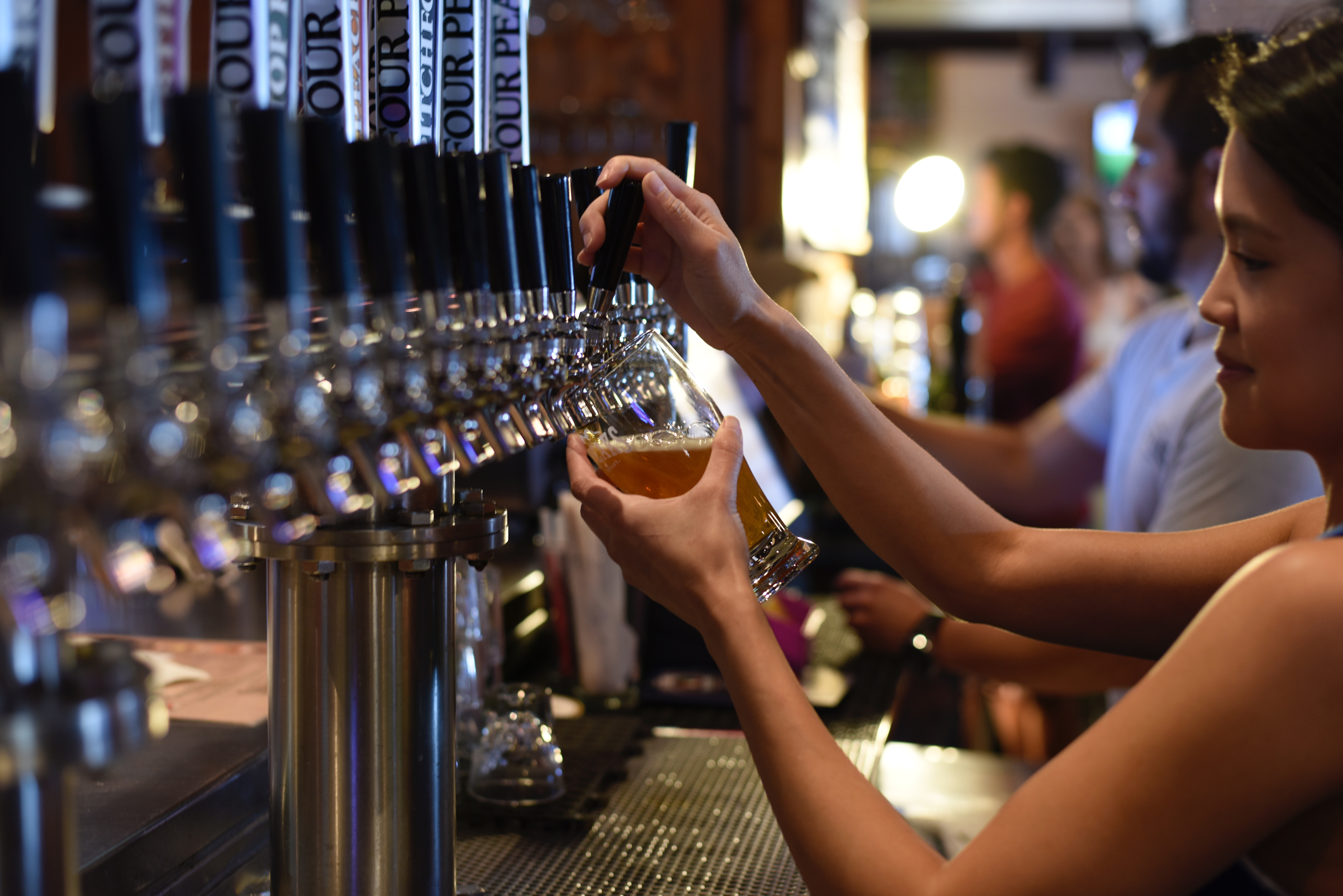Drinking is usually fun.
You let loose and enjoy yourself, bonding with people over the most random of things from someone’s hopeless fashion sense to the number of shots you just downed in the past hour. It’s something many of us do regularly—meet up with friends and loved ones to socialise and catch up. And as you get older, this usually means drinks.
Because alcohol can make conversation so much easier, we sometimes forget that many don’t drink because they like it. We drink because it lowers our inhibitions enough so we can connect with just about anyone. For people struggling with anxiety disorders, for example, alcohol can be anything from crutch to saving grace when it comes to social interactions. Think of those memes mocking intoxicated women who pick up random conversations with others in the bathroom; an exaggerated yet accurate example.
Of course, with the pros come the cons. Date rape and sexual assault are one unfortunate by-product of drinking culture: women, when inebriated, can find themselves in compromising positions when men try to take advantage of them.
These are just some examples, but as anyone who knows what it’s like to have had a little too much, alcohol can blur many lines.
How then does one understand the difference between drinking for enjoyment and drinking because to escape? Working adults look forward to a drink or two after long and difficult days. Where we as children once enjoyed the promise of a quick game on our Gameboy consoles after completing homework, as adults we now think we deserve wine. This dependence on alcohol to perk up one’s day is harmless (we all know the argument that “experts recommend moderation not abstinence”), but for some, it is this same habit and pattern that can also lead to what we call ‘problematic drinking’.
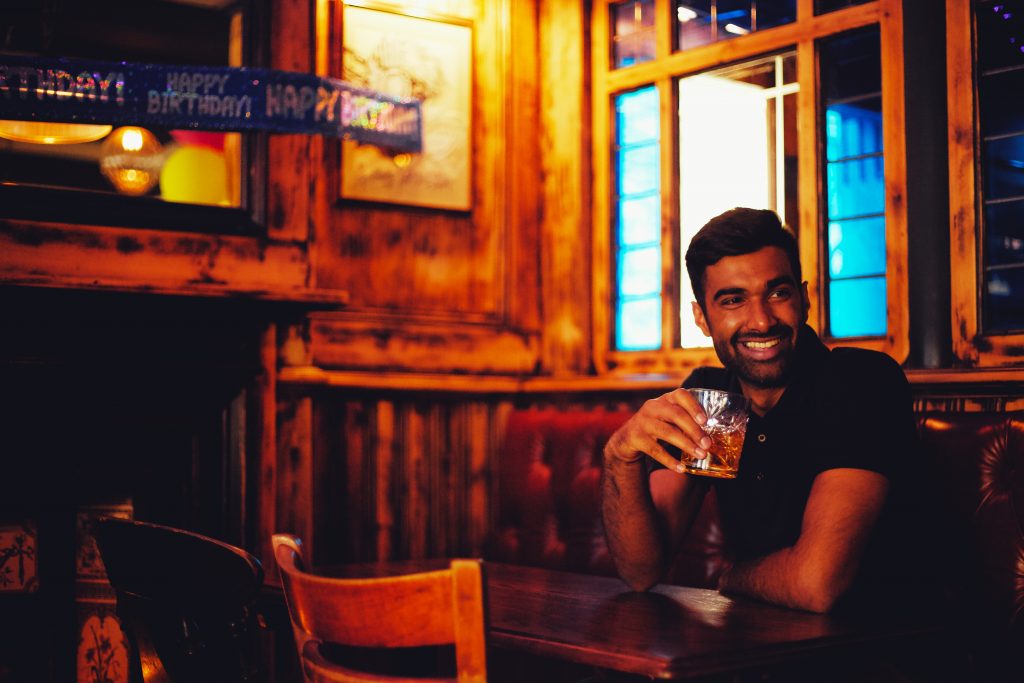
“When you can’t seem to function with it and you don’t think there’s a problem with that behaviour … that’s problematic drinking right there,” says Kabila.
For her, alcohol consumption becomes problematic when it impacts not just the individual, but also the people around them. She points out how people talk about “desperately” needing the taste of alcohol when deeply upset or troubled by something. Beyond it being something to help them relax, alcohol now has become an “unhealthy crutch”.
According to a survey carried out by the Institute of Mental Health and the Ministry of Health last year, 13.7% of Singapore’s population engages in problematic drinking habits. The National Addictions Management Service explains that signs of alcohol dependency can be seen in one’s inability to control drinking, experiencing anxiety and nausea when one doesn’t drink, and relying on alcohol to calm one’s nerves.
Problematic drinking in the study is defined as having about four to five drinks in one sitting, which honestly sounds pretty okay for a fun night out. Yet the reality is that the consequences carry long-term effects that can slide under the radar. It’s not so much about quantity, but the mindset where you are cognisant of your reliance on alcoholic beverages.
The 25-year-old had his first taste of alcohol at the tender age of 13. Due to the constant exposure to the nightlife scene, courtesy of his father’s Boat Quay bar, he hasn’t stopped drinking since.
Kush likens this habit to the routines we all have—something for him to look forward to after a day of nothing but the mundane. He doesn’t need the excuse of meeting friends; it could be as simple as feeding the urge to drink by chugging a couple of beers while watching a movie or a new television show. He talks about thriving on the ‘kick’ it gives him.
“It’s like taking drugs, people take it for the first few times and like the high it gives them. They get hooked, and I am hooked on the alcohol high,” he admits.
For a short period of time, he managed to curb drinking with the help of an ex-girlfriend. She was able to show him alternative ways of spending quality time with himself and his loved ones, without alcohol. After the breakup, he started drinking again.
“The only way to stop something addictive is dependant on whether you really want to stop. Going cold turkey with no support can be very difficult without the support of friends, family, or a partner,” he told me.
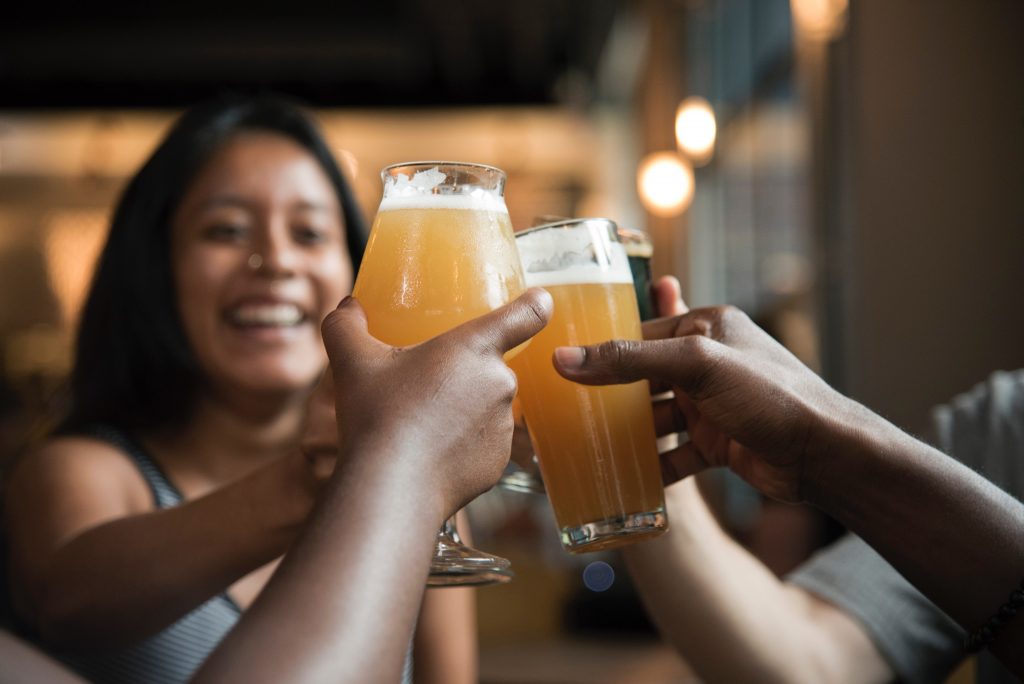
For some, it starts with trying to look cool to friends by drinking copious amounts. For others, it’s part of adulting—whether it’s stress or finding yourself in an industry that requires wining and dining clients (from media to shipping), forcing you into a lifestyle of drinking every other day to build relationships, hangovers included.
But what really matters is understanding where this can cross over into ‘problematic’ territory. Some find themselves drinking to the point of financial instability. It doesn’t necessarily mean they are addicted, but it’s problematic.
“It was a way for me to run away from emotions and trauma. It was all subconsciously done, you don’t realise that you are still very disturbed by something that happened months ago. You’re not going to think about it now, but it’s the feeling you still carry with you and drinking helps you run away from facing that,” Kush tells me.
For him, it’s problematic because it means he doesn’t seek help in the right places; choosing instead to avoid his problems by drinking. It’s not about the fact that you are drinking, but your ability—or lack thereof—to exercise reason, common sense, discipline, or discretion to evade dangerous situations when under the influence of alcohol.
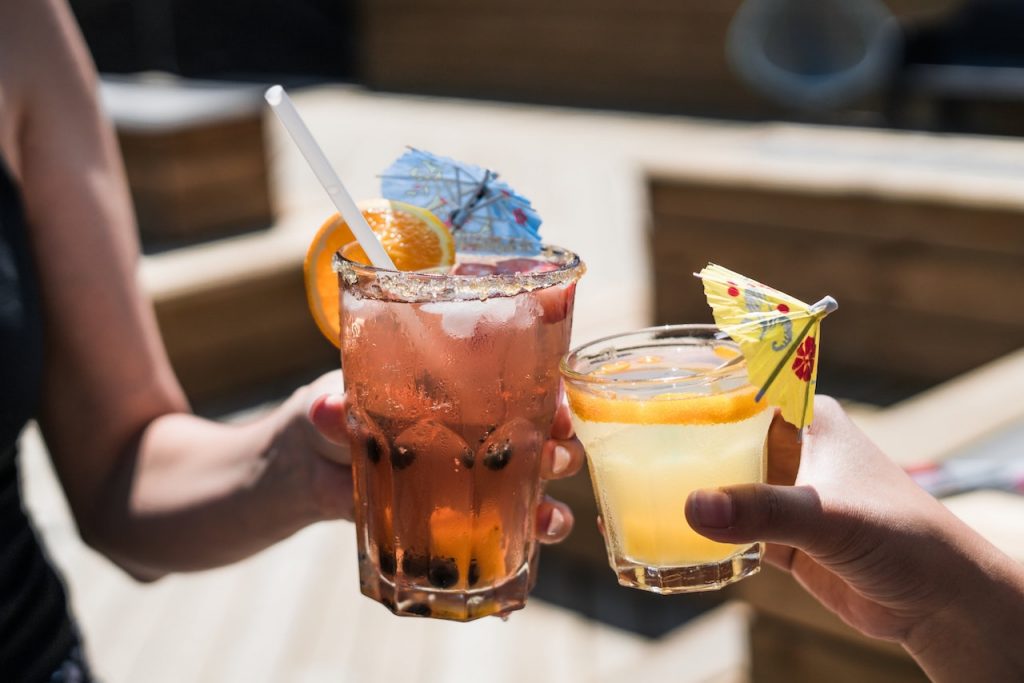
Where do we go from here, and what can be done?
Educating the youth is a start, but I don’t think knowledge is always the answer. Instead, we should start with empathy, for instance understanding that we tend to seek validation (some more than others) from our friends and in social situations, which then leads to alcohol consumption when we try to play our talents up to feel invincible. Then, we should think about how we can respond to this need.
Drinking does not affect everyone the same way. Problems manifest in everything from painful hangovers to financial burdens, to even something as it getting in the way of crossing off the things you would like to accomplish in this lifetime (much like Tahani from The Good Place did before realising she had lost all purpose) because you spend all your time at bars or clubs. Which brings me to my next point: the perceived of healthy recreational activities.
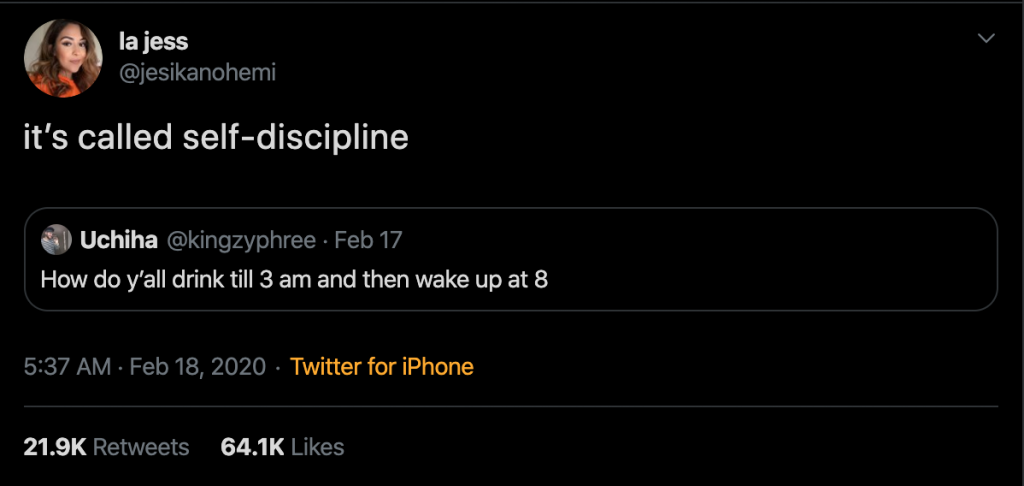
On television, from Mad Men to The Hook Up Plan, alcohol is everywhere. As it is in real life, where alcohol is a given, whether its a wedding, a holiday, a movie marathon, or even the sole objective of certain running clubs.
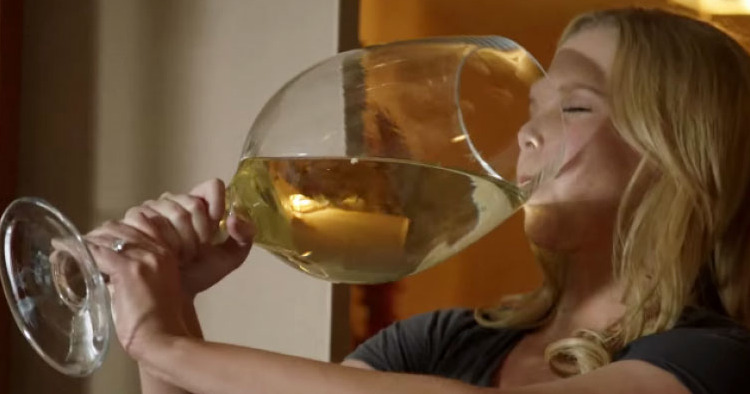
There honestly is no simple answer to preventing any of this. But, we can do our best to identify the problem by recognising that help doesn’t only need to come when shit hits the fan. You know that feeling when you’re not an alcoholic but you say to yourself, “Man I need to stop drinking so much”? That’s as good a place to start as any.
This article serves as a companion to the story of John, an alcoholic. From being dared to drink for the first time as a child to becoming the go-to drinking buddy, and then solo drinker, John ultimately ends up destroying his life before embarking on a journey of recovery. Watch the video here.
What does problematic drinking look like to you? Tell us at community@ricemedia.co.
